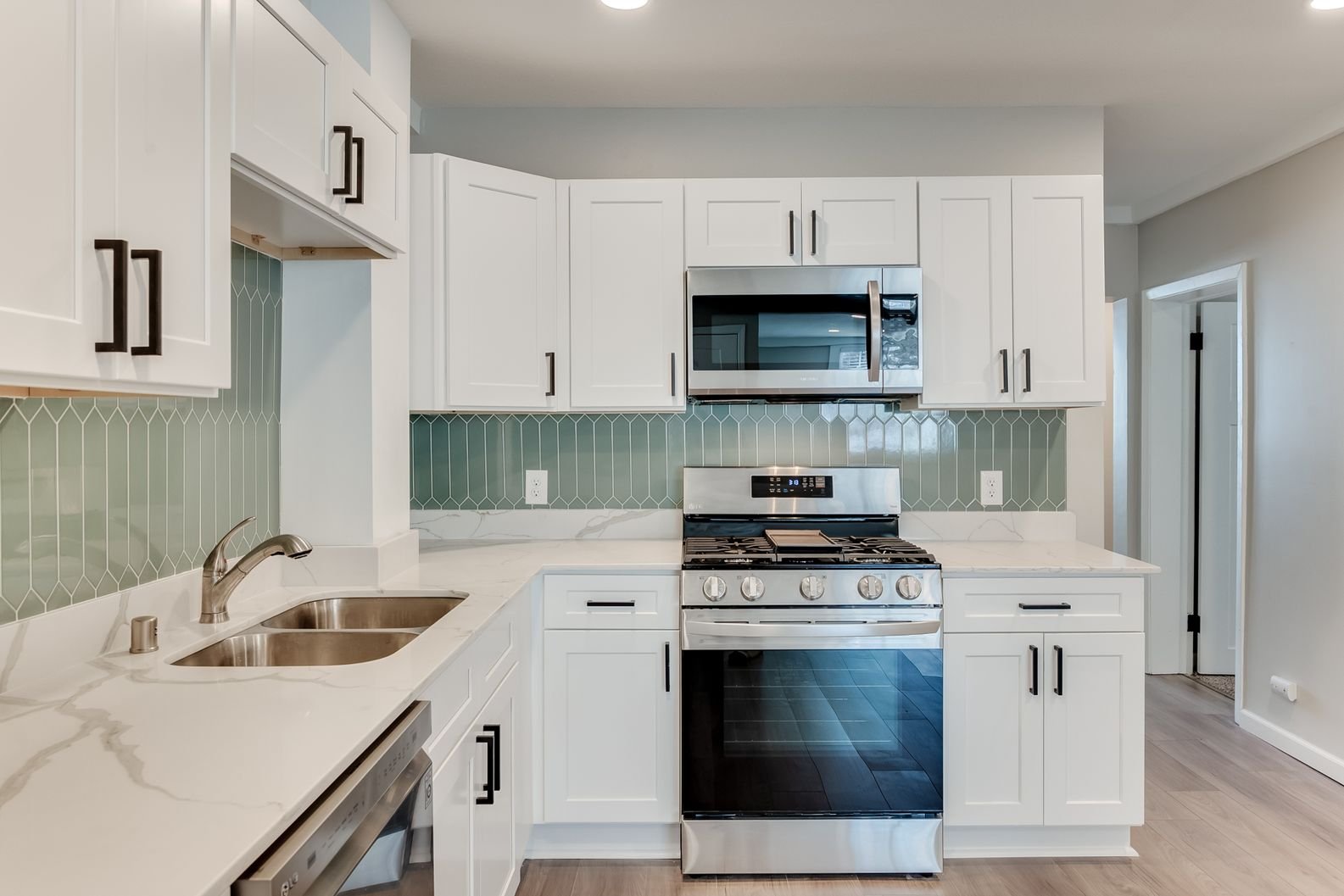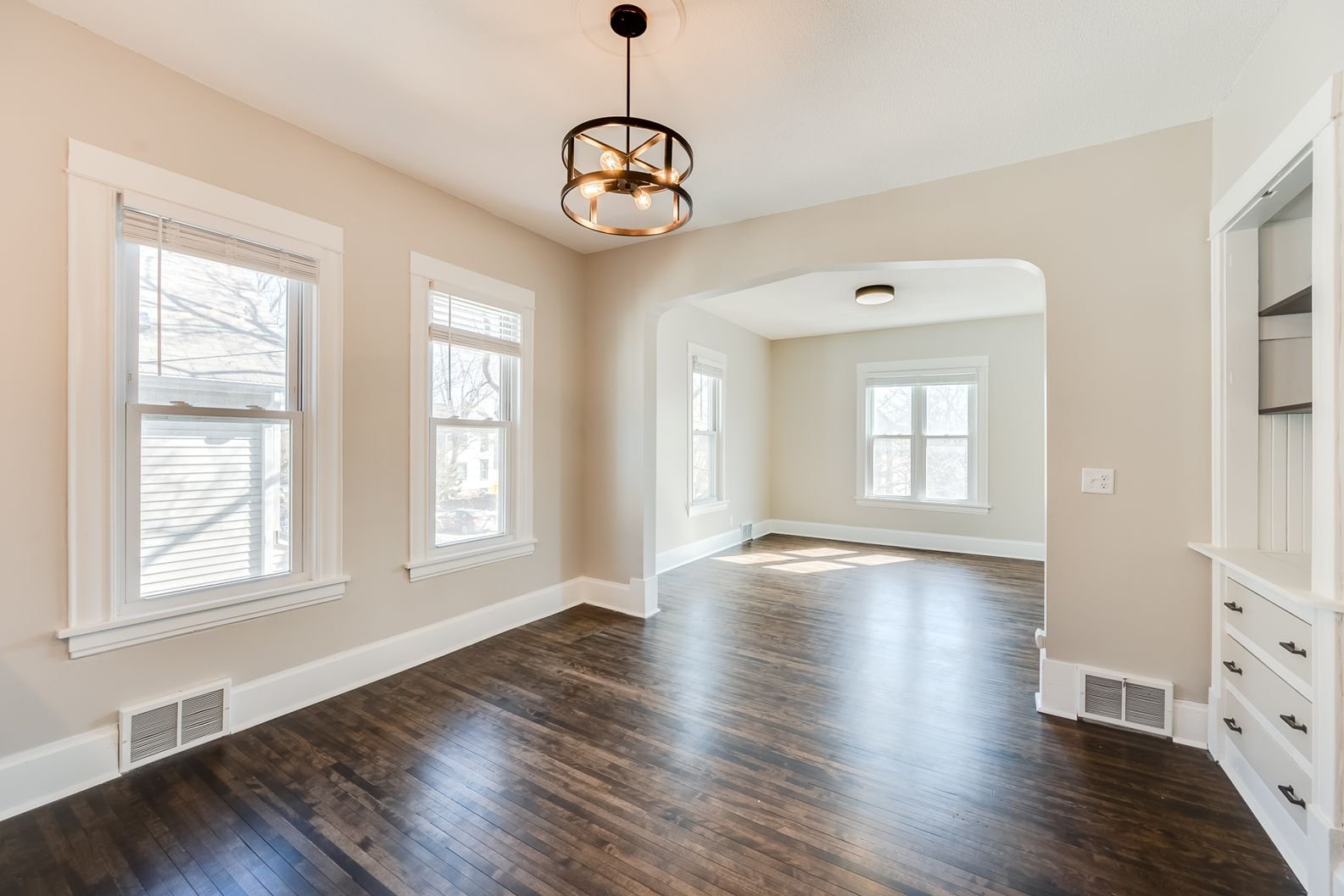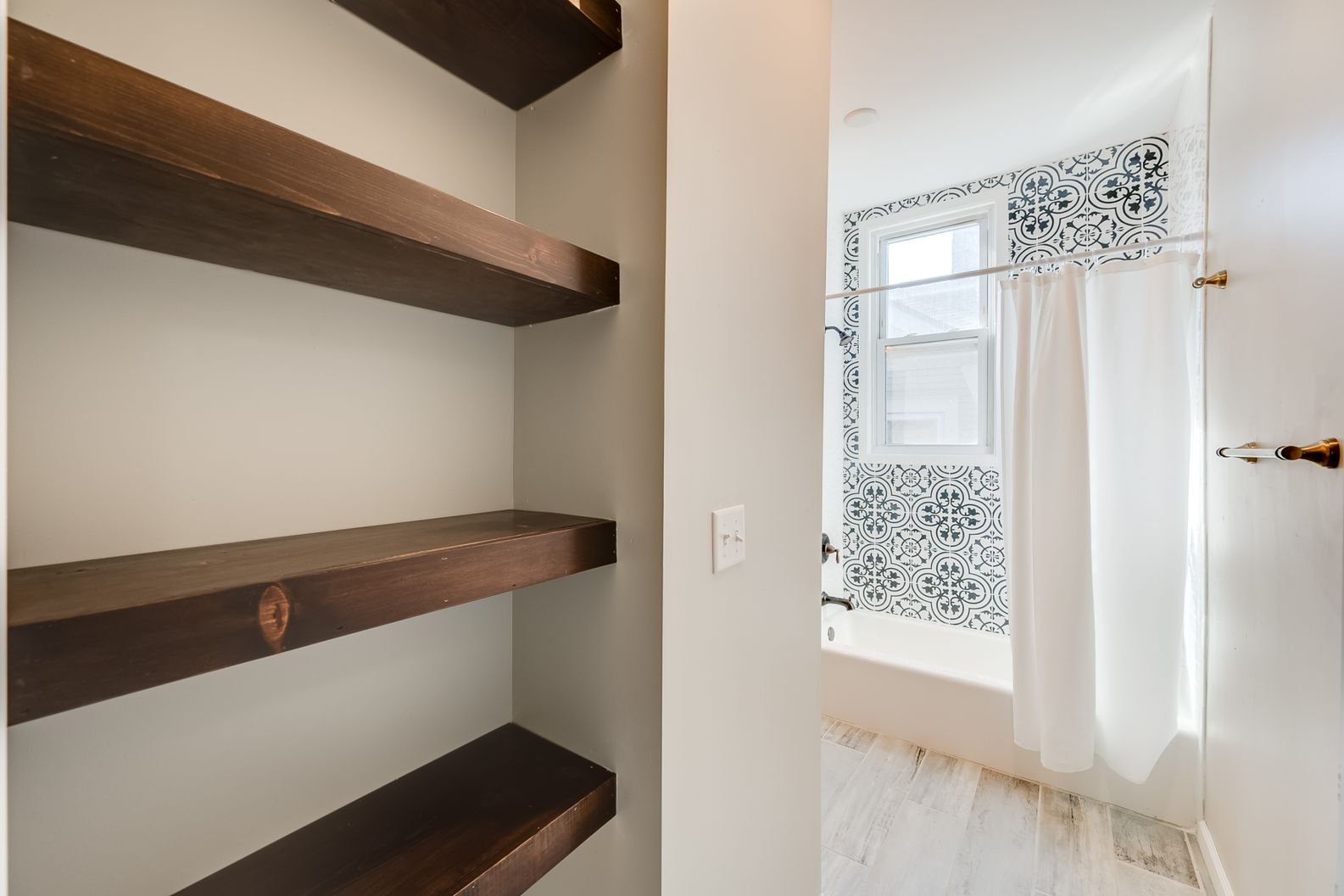How to buy real estate with little to no money
You’re interested in purchasing an investment property but you’re stuck on how to finance it. Buying real estate can be expensive. If you’re reading this, maybe you’re looking for options on how to fund a deal with little or no money and you’ve come to the right place.
Contrary to popular belief, there are lots of different ways you can purchase real estate with little or no money and I’m going to share some of the best ways to do so.
Before I get into the good stuff, I want to emphasize that I don’t recommend buying investment properties without having some money saved - what is ‘some money’? At least 6 months of reserves. Reserves is the amount of money it will cost you to own the property.
For example, after you account for principal, interest, taxes, insurance, utilities and add in 10% for repairs and maintenance, a duplex investment property might cost you $2,600 to own. I suggest you have at least 6 months of this cost saved ($2,600 X 6 = $15,600) and will not be using this amount to make the purchase.
This amount allows you to purchase a property and feel secure if you aren’t able to find tenants immediately or have other obstacles to overcome and have to cover the costs yourself (instead of tenants paying rent). If you don’t have at least 6 months of reserves saved, this should be your first goal before a property search.
Let’s say you do have 6 months of reserves saved but, you need that money for reserves so you don’t have enough to also fund a 20% downpayment and closing costs. Let’s look at some options:
HOUSE HACKING
I talk a lot about house hacking on my page and it’s because it’s an amazing way to purchase real estate with little down. House hacking is where you live in one unit of a property and rent the other(s), and this can be done with a property with 1-4 units. You can purchase this with a VA, FHA, or Conventional Loan (0% down, 3.5% down, and 5 % down respectively). Due to lender guidelines, you must intend to live in the property in order to go this route, which works great for first time buyers as it provides a home for you and doubles as an investment property. If you already own a home, you could keep that property as a rental and move into the duplex for a year - this doesn’t come with some sacrifices but will be worth it when you see your net worth increase significantly with this type of purchase!
PARTNERSHIP
Maybe living in the property isn’t an option for you. Let’s talk partnerships. Partnerships are a great way to expand your investment portfolio using other people’s money. A partnership doesn’t have to be someone who is experienced in real estate, it just has to be someone who is open to investing with you. I generally recommend people start with their circle of influence - who do you know? Maybe a parent or grandparent, maybe it’s a friend or mentor. Of course, you need to come to the table with a pitch, no matter who you want to partner with, it’s important to come prepared with why you think they should trust you with their money and this takes some planning and preparation before asking.
Structuring the deal: You can structure a partnership many different ways depending on what type of investment you want to purchase. Your partner might cover 100% of the downpayment and closing costs and you will find the deal, handle renovations, and/or manage the rental. Keep in mind when you are suggesting a partnership, you need to bring something to the table. What can you offer? If you don’t have the funds to contribute, another big contribution is finding a great deal to invest in and doing the leg work to secure it. Side note, if you go this route I recommend involving an attorney to draft contracts between you and your partner…even if it is family or a close friend.
CONTRACT FOR DEED
Contract for deed or otherwise known as Seller Financing is a great option that doesn’t require traditional lending. This method is where you purchase a property from a seller but instead of going to a bank for a loan, the seller acts as the bank and you make payments directly to the seller each month. This offers a lot of negotiating power and the opportunity to work out terms (including down payment amount) that will work for both you and the seller.
Keep in mind, this method typically has a balloon payment after a certain number of years. Meaning, you would need to get traditional financing on the property at that time in order to pay back the seller at the end of the term, but it offers a lot of different options to make a purchase now and not need the same cash investment as traditional financing.
HARD MONEY LENDER
A hard money lender is great option for investors looking to do a flip. Hard money lenders will generally lend 70% of the after repair value of a flip.
For example, you find a deal that is $250k to purchase and needs $50k worth of renovations - $300k all in, but the after repair value (ARV) is $430k, your hard money lender will lend up to 70% of the ARV, so in this case, $300k. Boom, you’re in for $0 on the purchase and renovation and pay the lender back at the time of sale assuming you sell at the ARV of $430k. In this example, once you sell and pay out closing costs and realtor commissions, your net profit is at about $96k..and you put $0 in the deal! Now let’s not forget that you’re paying a premium to lend hard money but if you can find the right deal this is a perfect option.
Since hard money lenders typically come with higher interest rates, so it’s best to do your homework and ensure you can afford the monthly payments and expenses while doing renovations and that these numbers fit into your over all analysis.
Some hard money lenders may want you to have some skin in the game, so keep in mind you’ll need to do your research to find the right lender.
Ultimately, there are many options for purchasing real estate with little or no money down. Don’t let this be a barrier to entry for you. Do your research, talk with an expert and be open to creative financing.
If you’re looking for a personalized plan to fund your next deal, let’s connect!



